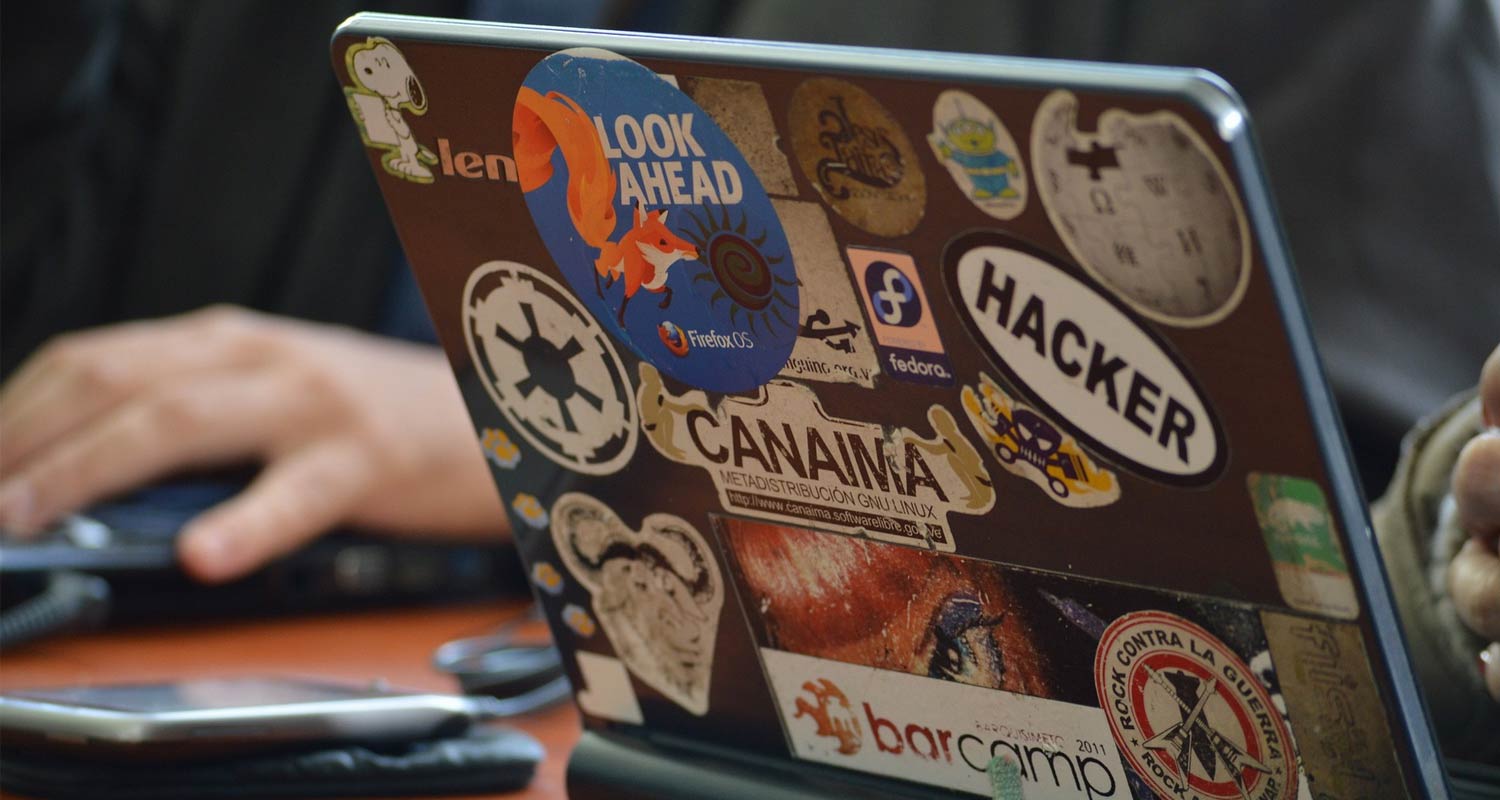Try our mobile app

Open-source software may well be the greatest “public good” the market economy has ever produced. What it shows is the power of voluntary social cooperation. Standard neoclassical economic theory holds that goods and services with widespread benefits get produced only if their maker can charge customers for them. Open-source software — defined as “something people can modify and share because its design is publicly accessible” — unquestionably has widespread benefits, yet it is free. Think of the Mozilla Firefox browser, VLC media player, the Python programming language or Linux-based operating systems. Many companies, including Meta Platforms and Mistral, are pioneering open-source AI. A new estimate from researchers at Harvard and the University of Toronto finds that the worldwide value of all open-source software is about US$8.8-trillion. To place that in perspective, about $3.4-trillion was spent on commercial software globally in 2020. The $8.8-trillion figure is more than double the current GDP of India at current market exchange rates. It’s almost triple the latest market capitalisations of Apple and Microsoft. All the gold in the world is currently worth more than $13-trillion, give or take. The lesson is clear: there are many different ways to make a system work, not all of them directly commercial The new estimate comes from a recalculation of the benefits from the demand side. Previous studies tended to look at the replacement cost for open-source software — that is, what it would cost to hire people to rewrite what is currently free. (Using this method, the paper estimates the value of open-source software at about $4.15-trillion.) The new research, conducted with support from the Linux Foundation , looks at the benefit to those who use software: if a given piece of open-source software is of use to millions, its actual value will register as many times higher than its cost. Thus the revised estimate of $8.8-trillion. Why do people contribute to open-source projects? Their motives vary. Some may wish to show off their programming skills to increase their value on the job market. Others may simply believe in open-source as a philosophy, as a means of doing good for the world. Belonging to a community of open-source contributors can also bring concrete benefits, such as a valuable professional network or just camaraderie. In other cases, open-source contributors need the software for their own use, and thus they find it worthwhile to contribute to its production. ‘Compete against free’ The overall lesson is clear: there are many different ways to make a system work, not all of them directly commercial. Yet even this $8.8-trillion estimate understates the benefits of open-source software. By putting open-source in the market, it ensures that commercial producers have to “compete against free”. That leads them to lower their prices, which in turn allows more people to buy the closed-source products. Open-source also forestalls the possibility of complete monopoly in the market, since there will now be an open-source alternative. And, from a production standpoint, open-source software also lowers costs, since commercial producers can learn from and even copy its programming ideas. TCS | Muggie van Staden: Linux fans should learn to trust Microsoft It is difficult to estimate of the size of these benefits. Yet it is reasonable to believe they are large, and will grow as open-source services spread. And open source will almost certainly play a big role in the development of AI software. Many people will want to work with AI services that they can customise and tweak to their preferred ends. Even if the producers can’t charge for it, it can be issued, iterated and improved at a rapid rate. It also may be easier to fix bugs and hacks in an open-source product. Over the last year, the EU has been debating whether it should ban open-source large-language models and other forms of AI. That movement appears to have lost legislative momentum, but it is a sign that open-source approaches are not sufficiently appreciated. The fear is that open-source AI could be commandeered by bad people and bad institutions — but this is an issue with many new technologies, not just AI. Open-source products have a greater potential to improve safety and innovation than they do to enable wrongdoing. At the broadest level, not to get too metaphysical, the open-source idea undergirds much of human civilisation. Good governance itself, for example, is more like an open-source project than anything proprietary. Beneficial ethical norms also have strong open-source components. By properly valuing open-source software, we are simply reaffirming the many benefits of human cooperation. That’s something to feel good about. — (c) 2024 Bloomberg LP Get breaking news alerts from TechCentral on WhatsApp